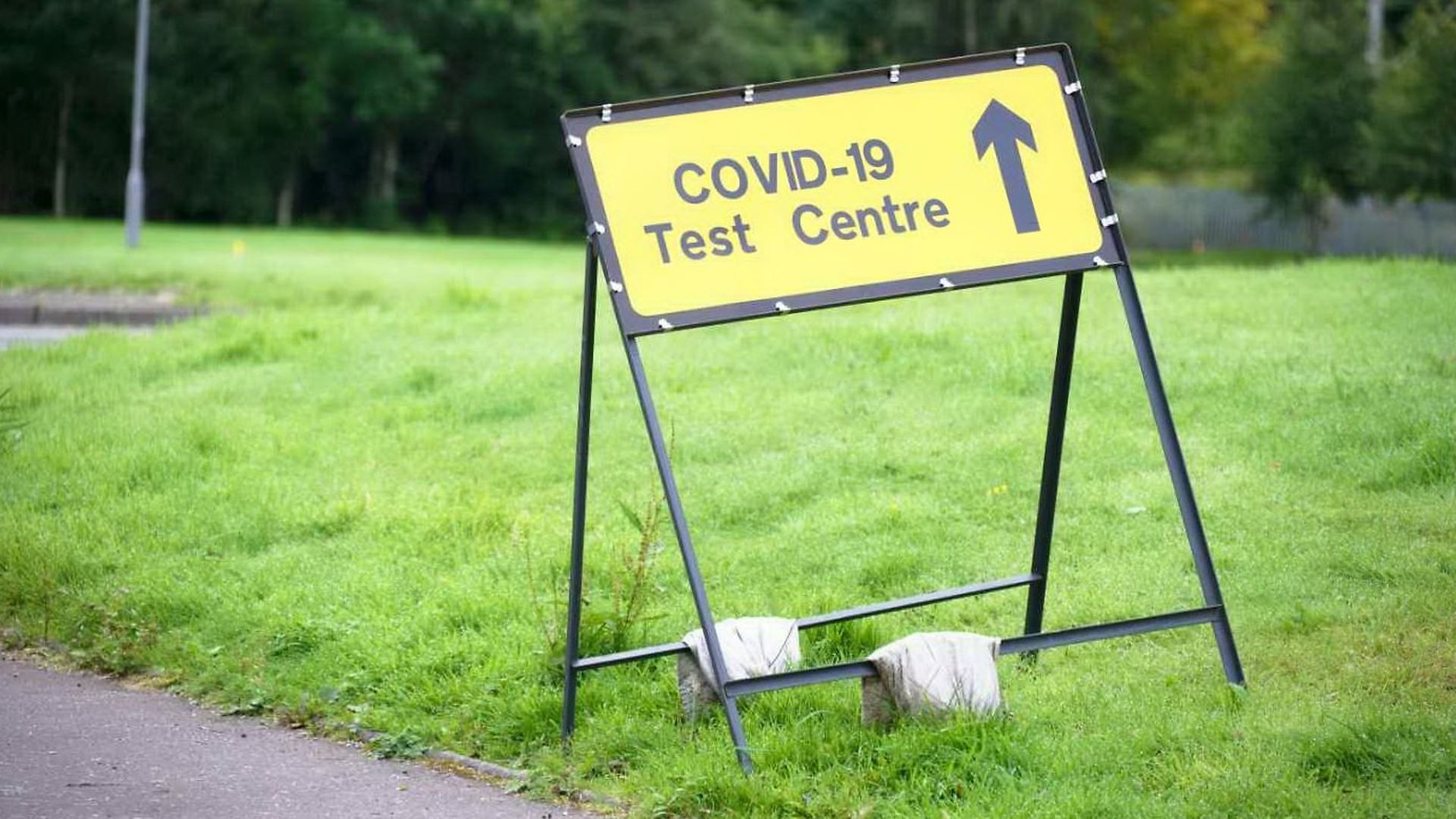
Lockdown is, for almost everybody, a new phenomenon that has created feelings of anxiety about a range of issues, particularly how to deal with the threat of the virus itself. Covid-19 is an invisible threat from which the best protection appears to be to hide – perhaps in the hope that it will go away.
Long-term researchers of the Italian mafias will see an analogy here insofar as both are killers; indeed, both have come to represent a ‘culture of death’ which seems impossible to eradicate. Mafias are good at hiding. They conceal themselves in local communities as well as they do in international markets.
They act indiscriminately and strike at the heart of modern life. They seek to control civil society, its citizens and their daily lives. They oppose social gatherings, a sense of communal belonging and collective democracy, along with equality, fairness and transparency. They are against education and all it represents; freedom of expression, of ideas and imagination. They want to silence their enemies, including outspoken activists and anti-mafia judges, thereby inciting tension, suffering and melancholy. Often, mafias impose their rules and authority using intimidation and violence.
Fear is a fundamental part of their ideology but so is power. They seek power and one dark aspect of this power, as the writer Renate Siebert has explained, is that “the mafia endows itself with the right over life and death”. There are echoes of Covid-19 and its effects in all these features.
Mafias make money and infiltrate the legitimate economy to launder their illegal profits, often thanks to ‘enablers’. Covid also has its own ‘enablers’: asymptomatic carriers.
These carriers show no observable symptoms and yet infect people they meet. In this way, an invisible network of infectors becomes operative, just like the facilitators of mafias and organised crime groups, who help them to launder money.
Mafias are also interested in political power because that’s where the big money lies.
In Italy, Mafias focus on local power structures to deviate state funds into fake building projects or health services so they can get their hands on it.
Covid is also attracting power and money, including all kinds of corrupt and dubious transactions across Europe as states react to the health crisis. Covid is an ‘emergency’ to which mafias (and eager businessmen) respond, in the hope of a profit.
As time passes, citizens, who should be up in arms about violent mafia behaviour, tacitly accept its presence, normalising the activity of mafia groups. Acceptance of, and cohabitation with, the mafia is analogous to normalising the risk of Covid-19.
We let our guard down under a fanciful misconception that ‘herd immunity’ is the solution to the crisis – and this becomes the norm. We should stand up, resist, and not be silenced.
When fighting the mafia, a cultural battle takes place to save the soul of society, not only by the police and the judiciary, but by many agencies, including those in education. The same logic applies in defeating coronavirus. The collective good of society versus the individual profits of mafia bosses underlies this fight in the same way that we as citizens must live up to our responsibilities to wash our hands, wear masks and practise social distancing. In both scenarios, tensions exist between the collective good on the one hand, and individualism on the other.
Mafias abroad become business ventures which are less visible and therefore more difficult to identify and prosecute, because people can’t fully grasp the harm they inflict. In Europe, therefore, there remains little protection against mafias, and poor international cooperation to respond to the threat.
Covid is proving a similar challenge to the international community. Indeed, neither Mafias nor Covid respect borders or the notion of sovereignty as states do. States often remain entrenched in fighting these phenomena alone rather than seeking international dialogue and cooperation, making nation-states extremely vulnerable.
Giovanni Falcone, a prominent Sicilian anti-mafia judge who understood the threats mafias posed – and was ultimately assassinated by them – once explained that: “Results are achieved by hard and fast work, day in day out. No bluffing. No dabbling. If we are fighting an actual war, with dead and wounded as in all wars, we must fight it with great commitment and conviction.” The same applies to Covid-19.
We can control the virus only if we reduce its transmission rate and seek maximum suppression – even if our experience with mafias suggests that we are not very good at it.
Felia Allum is a senior lecturer at the University of Bath and expert on the Italian Mafia
This article also appears at theloop.ecpr.eu, the blog site for the European Consortium for Political Research
Warning: Illegal string offset 'link_id' in /mnt/storage/stage/www/wp-includes/bookmark.php on line 357
Notice: Trying to get property 'link_id' of non-object in /mnt/storage/stage/www/wp-includes/bookmark.php on line 37






